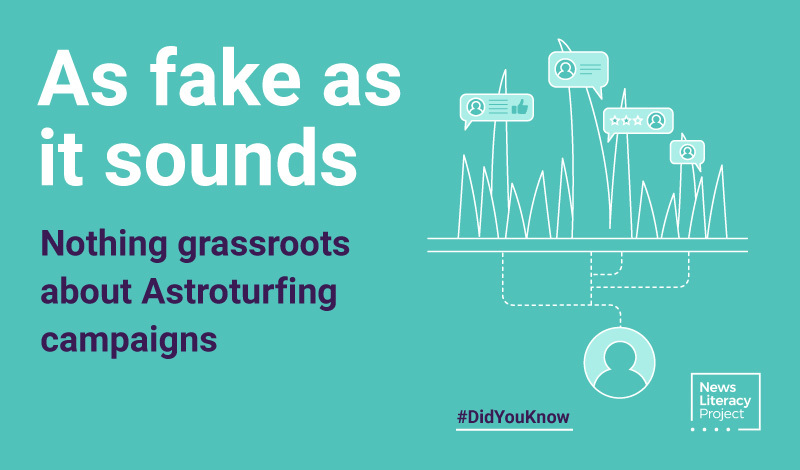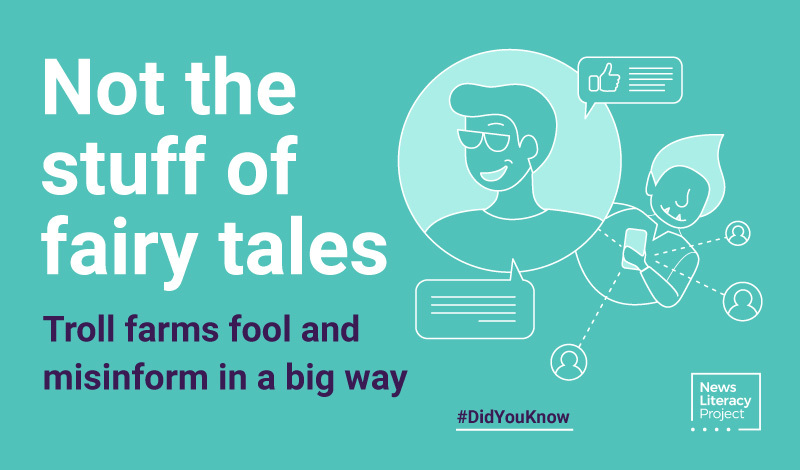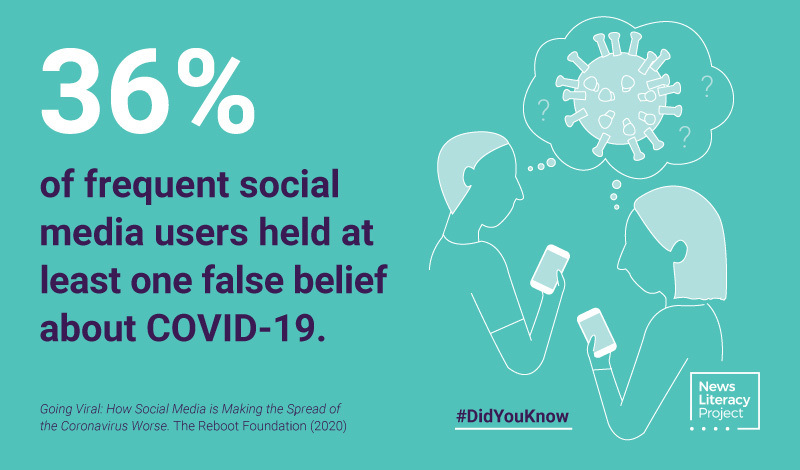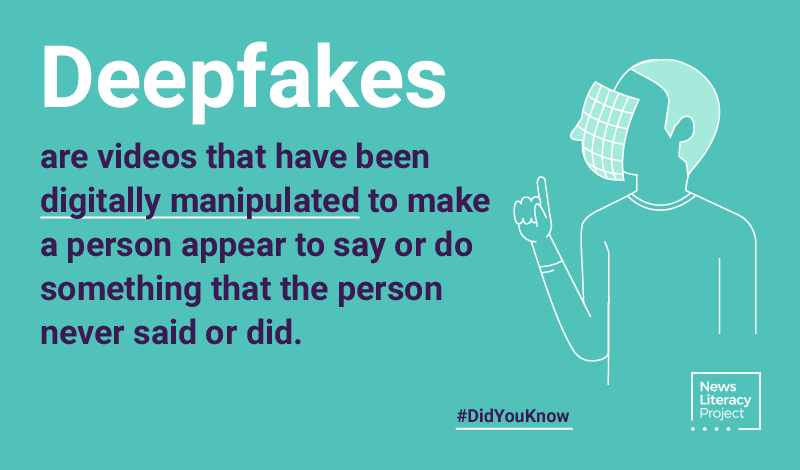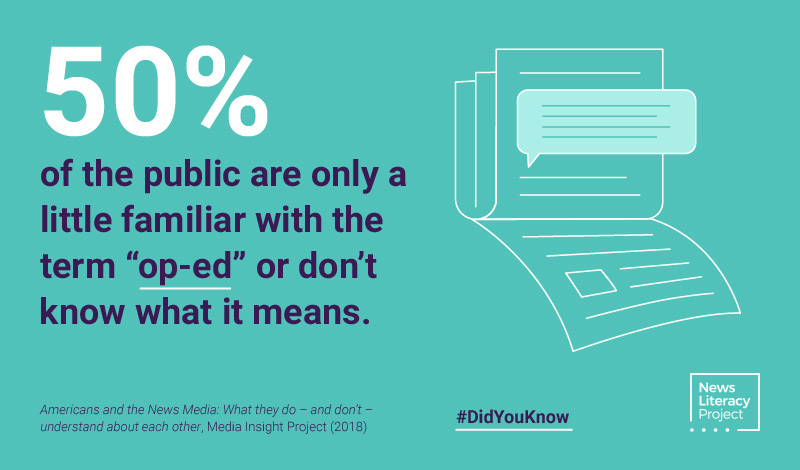
Did You Know?
Don’t let confirmation bias narrow your perspective
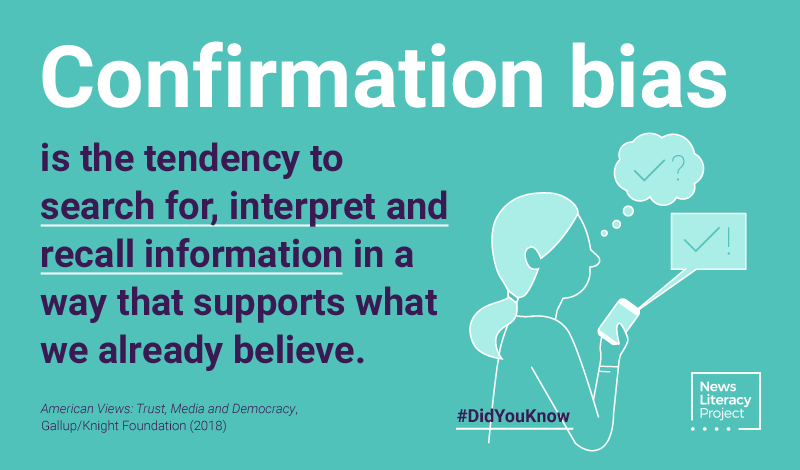
When we come across an interesting news item online, it’s no surprise that we want to share it with others who also may find it interesting. A Gallup/Knight Foundation survey of more than 19,000 Americans, conducted in the summer and fall of 2017, found that 64% percent of respondents said they “frequently” (27%) or “occasionally” (37%) share such items with their families, their friends or their followers on social media.
According to the report of the survey results (American Views: Trust, Media and Democracy, published in early 2018), more than two-thirds (68%) share information with people who hold views similar to theirs. Fewer than a third (29%) do so with those who hold differing views.
Maybe we really just value familial accord, but when we share something that simply supports our existing views, we aren’t exactly challenging what we — or our loved ones — think. It’s human nature to seek out information that reflects and upholds our view of the world. But when we do so, we may be engaging in confirmation bias.
Confirmation bias is the tendency to search for, interpret and recall information in a way that supports what we already believe. As a result, we’re likely to dismiss credible information that calls our beliefs into question.
When confirmation bias influences how we find and share information, we risk getting an incomplete and inaccurate picture of an issue, event or topic. It can also exacerbate the spread of misinformation. For example, when a social media post strongly resonates with our emotions, we’re more inclined to “like” or share it without verifying that it’s actually true.
The first step in countering confirmation bias is to recognize it in ourselves. Then we can guard against it by getting our news from a wide range of credible sources, reading opinion columns from a variety of viewpoints, and including these varied perspectives in our social media posts.
So remember to gut-check your own biases and seek out information from diverse sources. Then you can weigh in with confidence.
